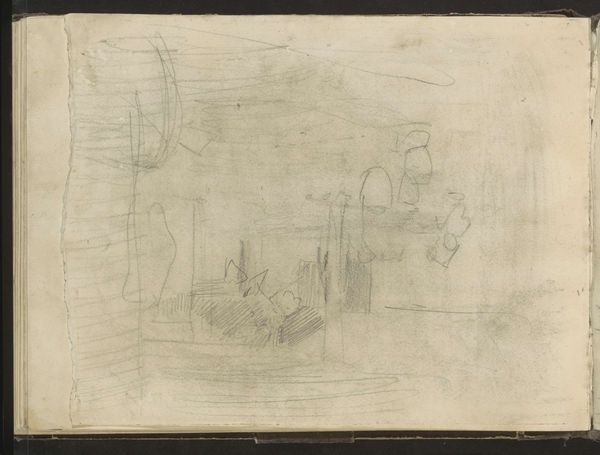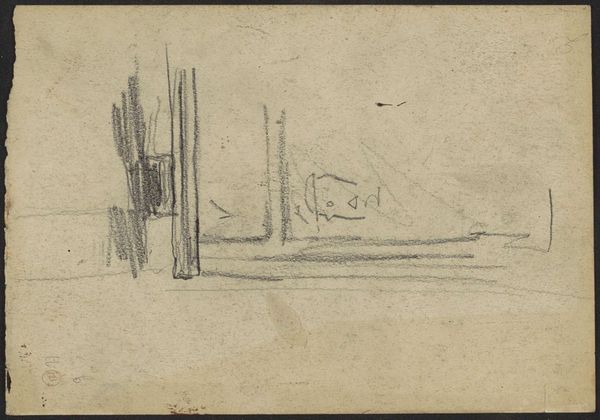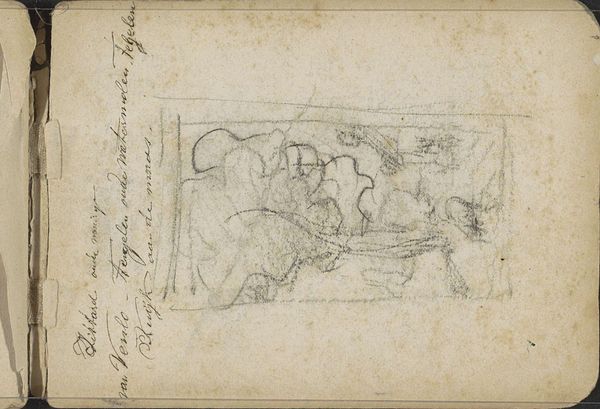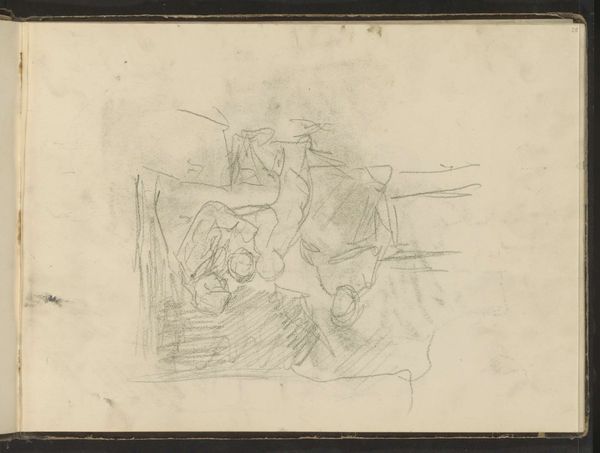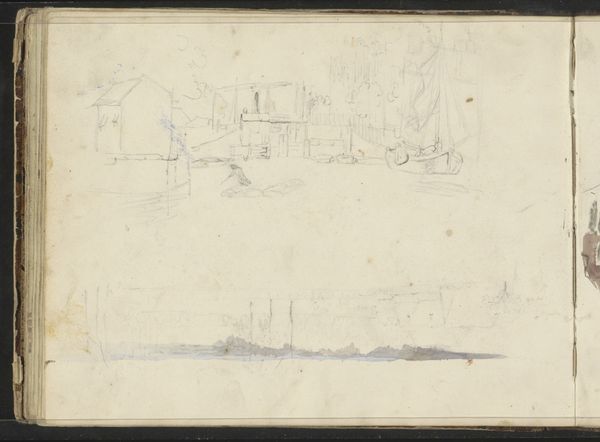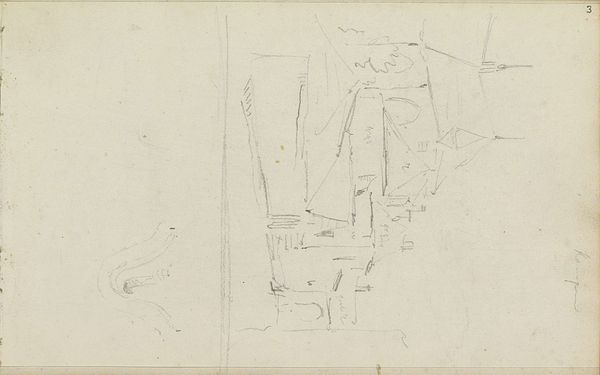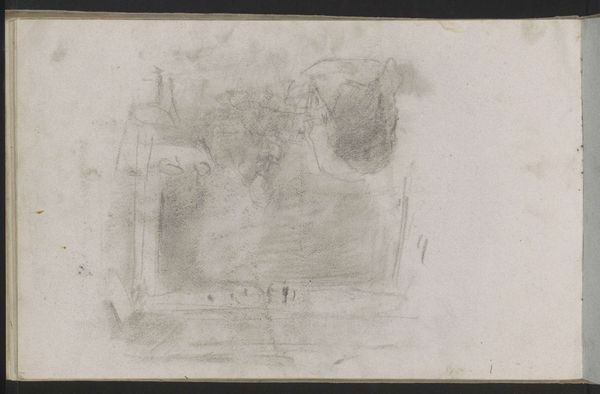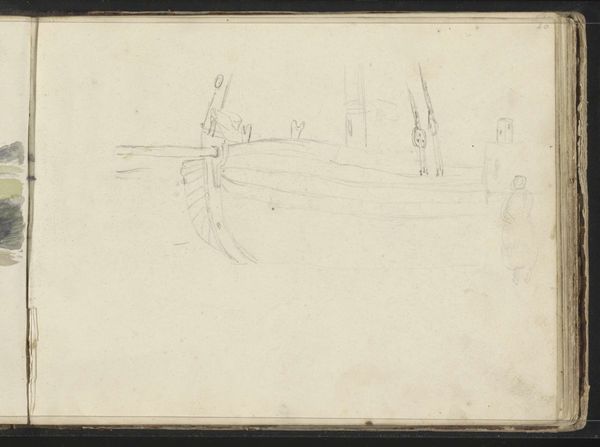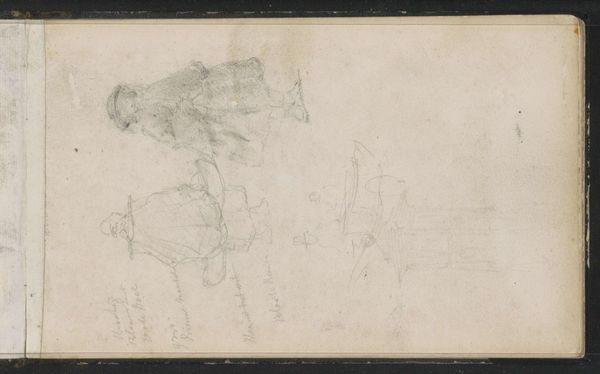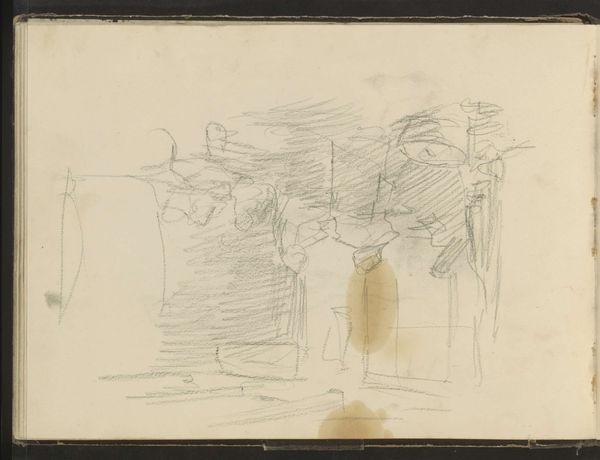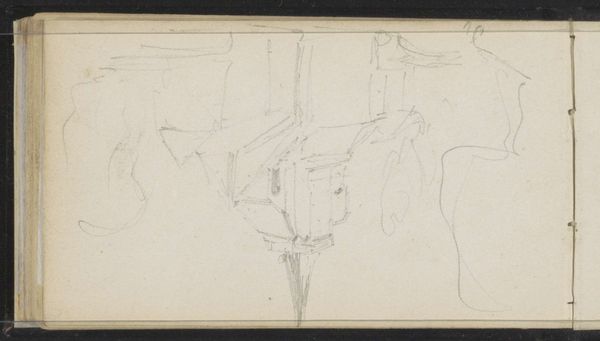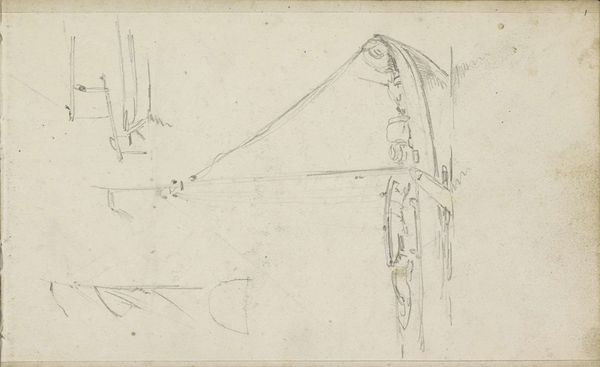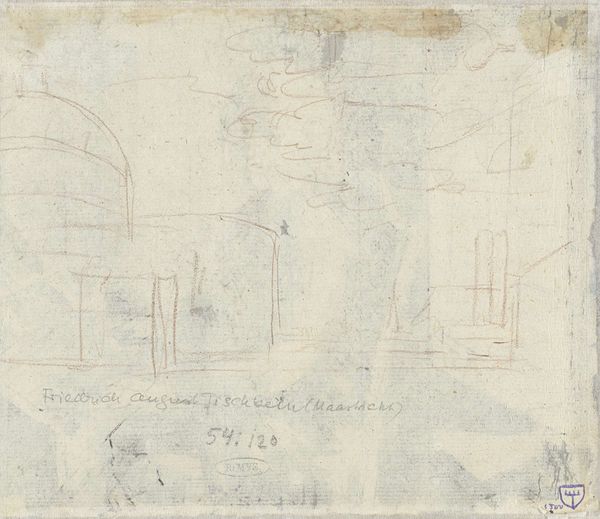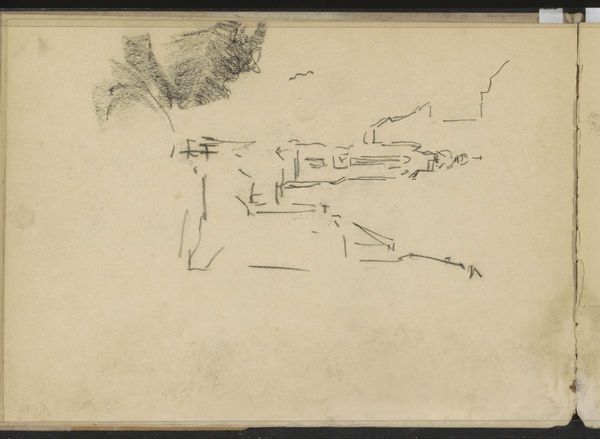
drawing, paper, pencil, graphite
#
drawing
#
sketch book
#
figuration
#
paper
#
pencil
#
graphite
#
realism
Copyright: Rijks Museum: Open Domain
Editor: Here we have "Studies," a graphite and pencil drawing on paper by Albert Neuhuys, made sometime between 1854 and 1914. It's a collection of sketches, and feels almost like a peek into the artist's mind. What do you see in this piece, beyond the initial impression of a preparatory work? Curator: I see more than just sketches; I see a reflection of the artist's engagement with the world around them, specifically rural life and labor. Neuhuys was known for depicting peasant life with realism. How do these fleeting sketches challenge or reinforce stereotypical portrayals of labor? Editor: That's a fascinating point. I initially just saw incomplete forms, but thinking about the context, I wonder if the sketch-like quality suggests the fleeting nature of work, or the impermanence of a particular way of life? Curator: Precisely. Consider also who gets to represent whom. Neuhuys, as a middle-class artist, is interpreting the working class. What power dynamics are at play when representing figures involved in labor, and how might his class background influence the final drawings? Does the roughness of the sketch aestheticize or perhaps unintentionally highlight a social gap? Editor: That makes me reconsider my initial reaction. The incomplete nature could unintentionally reinforce stereotypes or simplify lived experiences. It is making me think a lot about the artist's responsibility when portraying underrepresented communities. Curator: Indeed. Art is never created in a vacuum, and Neuhuys' work is deeply embedded in the social and political fabric of his time. Understanding this context allows us to move beyond merely appreciating the aesthetic and instead engage with the complex dialogue the drawing opens up about representation, labor, and social class. Editor: I learned to appreciate it beyond technique but also as a social artifact that prompts important questions about power and perspective. Thanks.
Comments
No comments
Be the first to comment and join the conversation on the ultimate creative platform.
